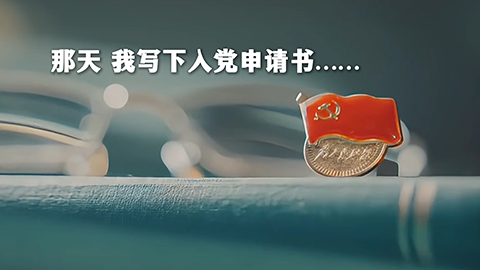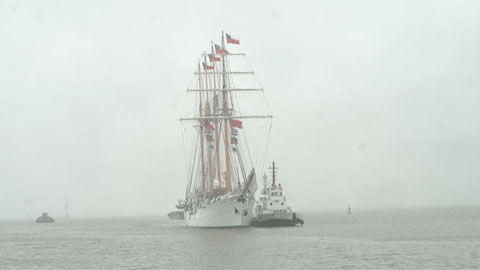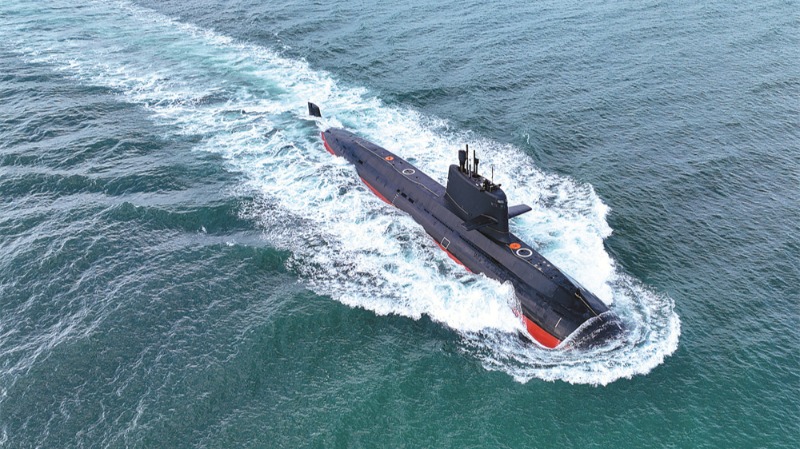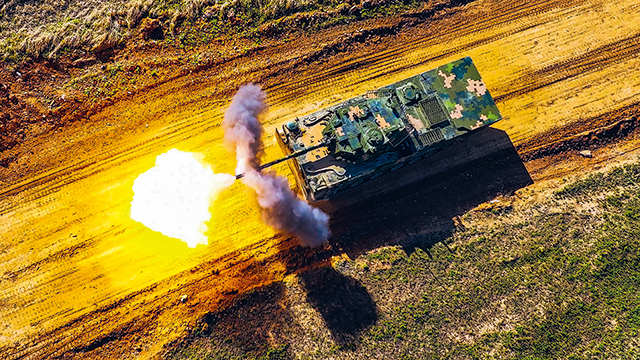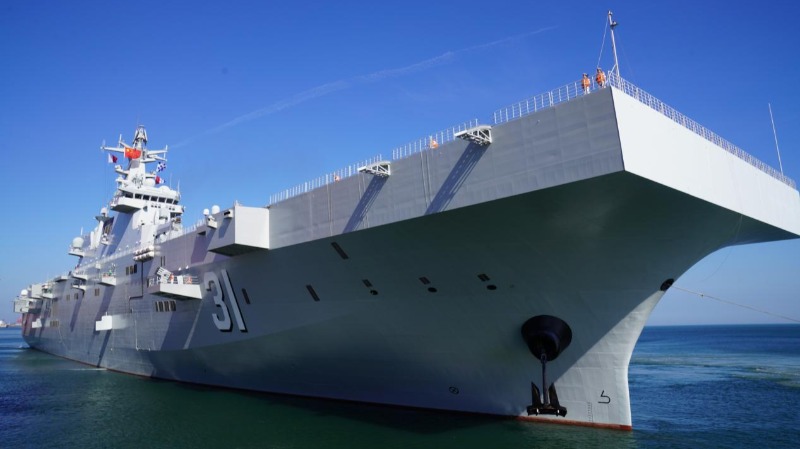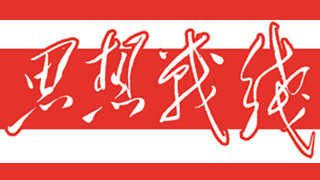By Zi Ge
According to recent Japanese media reports, US government officials revealed that it is coordinating with the UK and Australia to invite Japan to participate in military technology cooperation under the framework of the AUKUS. If agreed upon by the UK and Australia, the US may send a formal invitation to Japan during Japanese Prime Minister Fumio Kishida's visit to the US in April.
The US, the UK and Australia signed a trilateral agreement in September 2021 to establish the AUKUS alliance cooperation framework, aiming to promote Australia's military development through the so-called "two pillars". Among them, the first pillar is to deploy US nuclear submarines in Australia and transition to the joint research and development of next-generation nuclear submarines by the three countries, which is expected to be completed in 2055 with AUD 368 billion (approximately USD 242.5 billion). The second pillar is to jointly develop advanced technology projects, accelerate the coordinated development of key technologies such as artificial intelligence, quantum computing, drones, and hypersonic, and promote their transformation into combat effectiveness.
It is reported that to ensure Australia receives nuclear submarines on schedule, the US and the UK will soon deploy nuclear submarines near the Australian HMAS Stirling naval base. Meanwhile, the US, the UK, and Australia have decided to hold joint maritime drone exercises this year to enhance their capabilities to "jointly operate uncrewed maritime systems, share and process maritime data".
There are reports claiming that the US has always been open to including new partners since the formation of the alliance. However, Australia is not in favor of absorbing new members. As the main beneficiary of the framework, Australia is worried that new members will delay development plans. However, Australia's attitude has changed recently. Australian Deputy Prime Minister and Defense Minister Richard Marles recently stated that he looks forward to Japan's participation in the development of technologies such as hypersonic weapons and artificial intelligence under the cooperation framework of the AUKUS.
The Japanese government has not yet provided a clear response to whether it will accept the invitation. Some within the Japanese government believe that Japan has already established bilateral cooperation mechanisms with the US, the UK, and Australia respectively, so technological cooperation can be achieved through bilateral means and whether joining the AUKUS alliance can produce better results remains to be seen.
Moreover, Japan is constrained by its pacifist constitution, making it difficult to participate in nuclear submarine technology projects in the short term. Even if it successfully joins the alliance, Japan may find it challenging to become a "full-fledged member".
Analysts believe that in recent years, Japan has continued to form cliques for regional security strategic competition and to plan for shaking off the constraints of the post-war order. Its cautious stance on joining the AUKUS alliance is just one of its tactical moves to hide its true intention.
Japan's National Security Strategy (NSS) released in 2022 proposed strengthening military alliance relations with the US and enhancing military interactions with so-called "like-minded countries" as the main path to enhance Japan's military capabilities. Since then, Japan has increased the frequency of joint military exercises with the US and actively sought cooperation within the US ally system to expand its "circle of friends". At the same time, Japan has deepened military technology cooperation with the UK and Australia. Japan, the UK, and Italy have launched a joint project for the development of next-generation fighter jet. Japan and Australia have conducted joint training multiple times under the framework of the Reciprocal Access Agreement (RAA), even discussing the feasibility of conducting test launches of Japan's homegrown medium-range missiles in Australia. Besides, Taro Aso, Vice President of the Liberal Democratic Party of Japan, expressed hope for Japan to join the AUKUS when visiting Australia in 2023.
Whether Japan joins the alliance or not, the expansion of the AUKUS alliance sends a dangerous signal and will have a negative impact on regional peace and stability, which deserves attention and vigilance.







